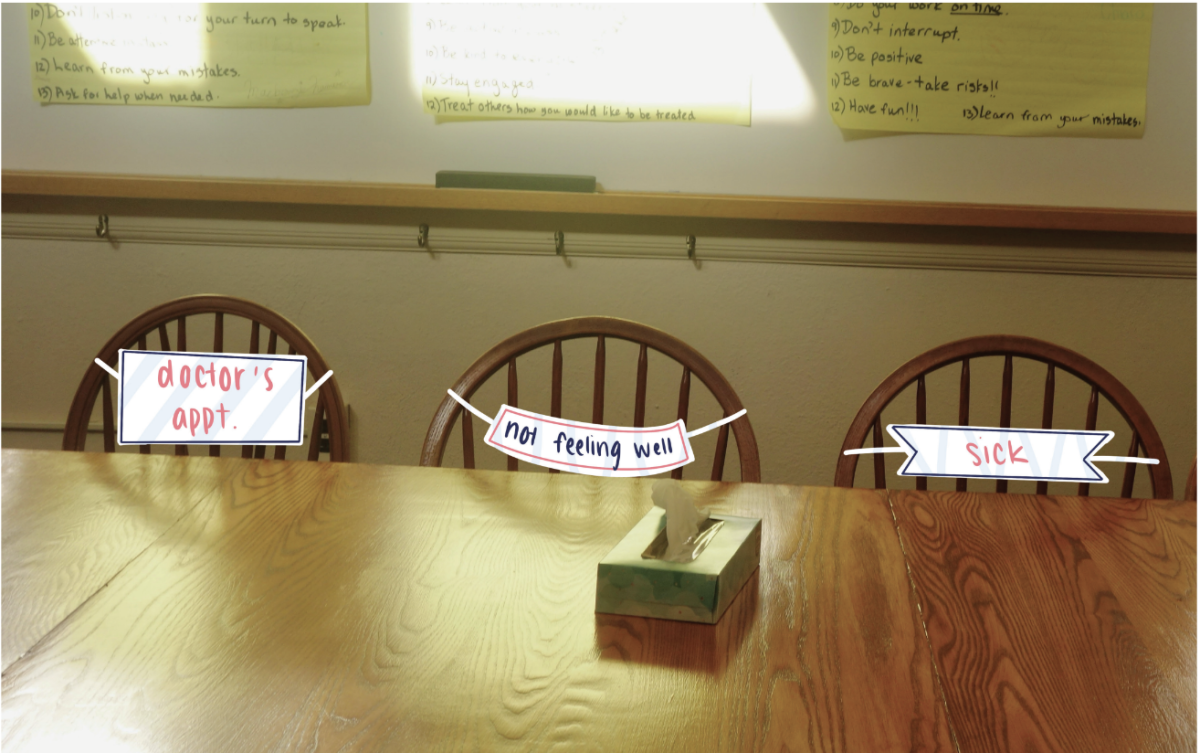This year, the Baldwin School has implemented a new phone policy requiring students to keep their phones off and stored in either their cars or lockers from the moment they step on campus until they leave. This update has sparked both positive and negative feedback among students, faculty, and parents.
Mrs. Christie Reed, the Head of the Upper School, and Mrs. Lynne Macziewski, the Head of School, spearheaded the change to align with other Pennsylvania schools.
They said in an interview that the new policy is rooted in emerging research on adolescent mental health and the impact of phone usage on learning. Mrs. Reed referenced studies indicating that phones and social media significantly affect mental health and communication skills, especially among girls.
This aligns with a survey conducted by the National Education Association (NEA), which found that over 90% of educators view students’ mental health as a serious issue, with many identifying social media and phones as key contributors.
“I’m not a hater of cellphones,” Mrs. Reed said. “But it’s a distraction.”
Mrs. Macziewski said that cell phones stunt children’s ability to socialize. She said older generations who grew up without smartphones had more opportunities for free play and face-to-face interactions, helping them develop essential communication and problem-solving skills.
Mrs. Reed emphasized the school’s duty to foster a healthy environment for its students, with the phone policy intended to help students develop self-regulation, agency, and leadership.
“We finally reached a point where the balance of having the good part of cell phones during the day was being far outweighed by the negative effects,” Mrs. Reed said.
By keeping phones off and away during the school day, Mrs. Reed said she hopes to reduce distractions, build a stronger sense of community, and encourage face-to-face conversations.
Mrs. Macziewski said she hopes that the policy will encourage students to develop better communication skills, particularly the ability to engage in challenging conversations. She emphasized that communication is a skill that is never going away, and practicing it in a safe environment is essential for personal growth.
Baldwin students have mixed feelings about the policy.
“I miss having my phone in the mornings and during G-block but I am noticing that I’m using my phone less and socializing more,” Aliya Freeman ‘27 said.
Other students feel the rule is well-intentioned but too strict.
“I like that it makes me more focused on the school work I have to do in the little time I have,” Sophie Kalish-Schur ‘27 said. “I don’t like that I sometimes feel scared that if I take my phone out I will get an immediate detention.”
This feedback aligns with the school’s goal of fostering a more engaged and present community, even if it comes with some initial discomfort and adjustment.
Mrs. Reed and Mrs. Macziewski said they measure the policy’s effectiveness by the number of teachers who report students being caught with their phones. As for now, it is common to see large groups of students in the office at 3:30 for their detention after having phones out during school hours.
Mrs. Reed said she hopes over time, the policy will become a natural part of the school culture. Both she and Mrs. Macziewski remain open to feedback from students and parents to find a balanced approach that supports students’ mental health and academic success.
As Baldwin embarks on this journey, the administration is hopeful that the phone-free environment will foster a stronger community, enhance students’ well-being, and equip them with the interpersonal skills needed for the future.






























